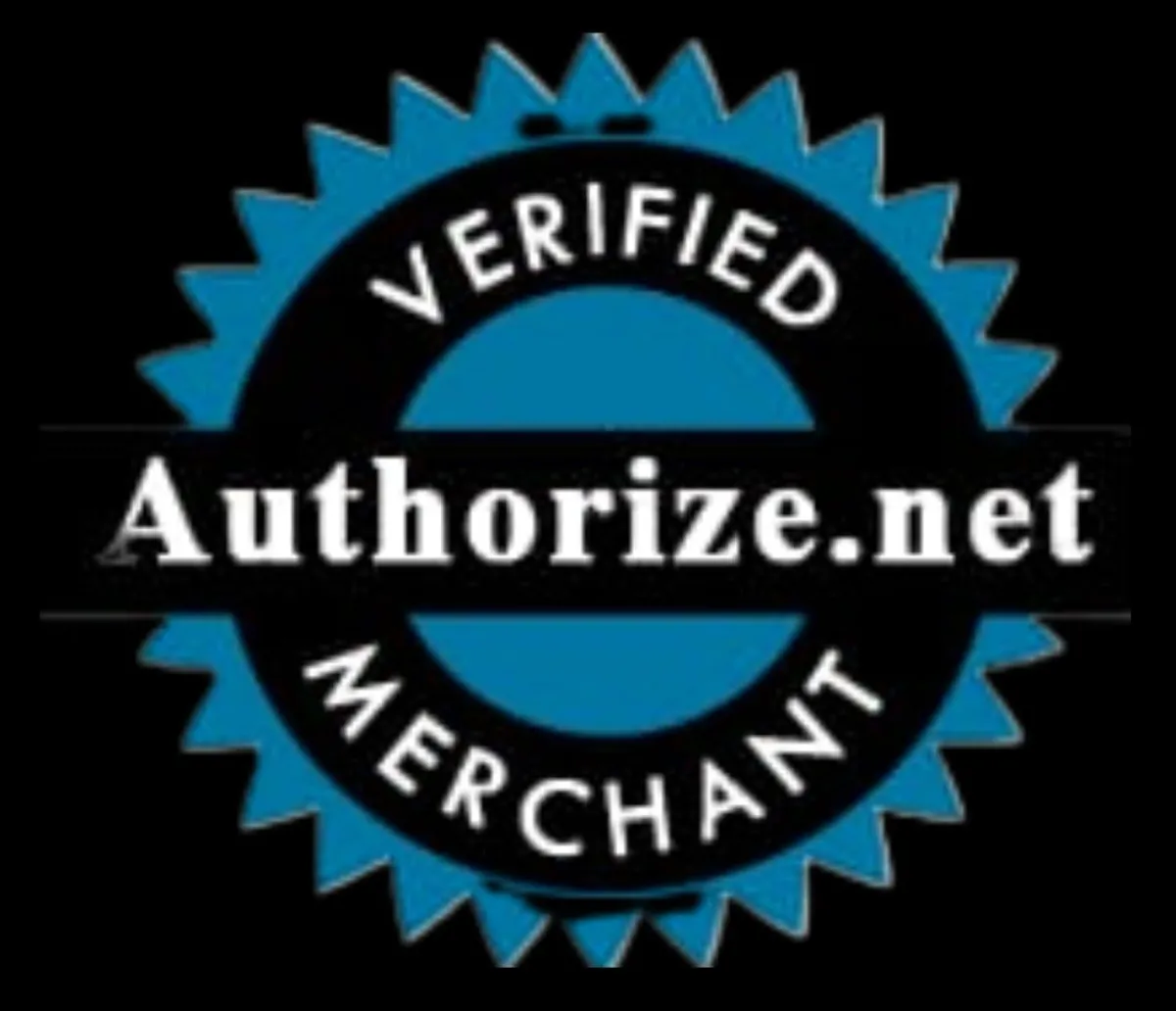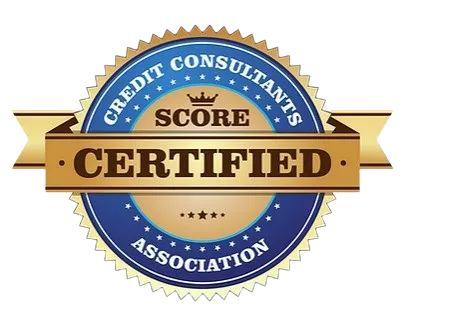Small Call to Action Headline
Understanding Garnishments: What They Are, How They Happen, and How We Can Help
A garnishment is a legal process in which a portion of your wages, bank accounts, or other assets is withheld to pay off a debt. This usually happens when you have a court judgment against you, and the creditor is seeking payment. Garnishments can be applied for various reasons, including unpaid debts such as loans, credit card bills, taxes, or child support.
Key Facts About Garnishments:
• While garnishments themselves do not appear on your credit report, the underlying debt may.
• Missed payments leading to garnishments can damage your credit score.
• Garnishments can strain your finances, making it harder to manage other obligations.
The Impact of Garnishments on Your Financial Life
1. Reduced Income: Garnishments take a portion of your paycheck or bank account balance, limiting your disposable income.
2. Credit Damage: The late payments or defaults that lead to garnishments can significantly lower your credit score.
3. Legal Costs: Dealing with garnishments often involves legal fees, adding to your financial burden.
4. Emotional Stress: Garnishments can be overwhelming and impact your financial stability.
How Long Do Garnishments Affect Your Credit?
The garnishment itself isn’t listed on your credit report, but the delinquent accounts or judgments leading to the garnishment can remain for 7 years. The sooner you address these debts, the faster you can improve your financial standing.
How Garnishments Happen
1. Judgment Against You:
Garnishments typically begin after a creditor files a lawsuit and wins a judgment against you. Once a judgment is obtained, they can take further steps, including garnishing your wages or bank accounts.
2. Wage Garnishment:
This is the most common form of garnishment, where a portion of your wages is automatically deducted by your employer and sent directly to the creditor. The amount garnished is usually a percentage of your disposable income, which is your income after mandatory deductions like taxes.
3. Bank Account Garnishment:
Creditors may also garnish funds directly from your bank accounts. In this case, your bank will be notified by the court to freeze and surrender a portion of your funds to satisfy the debt.
4. Tax Refund Garnishment:
In certain cases, the government may garnish your tax refund to satisfy overdue tax debts. This is typically done without a court judgment.
5. Child Support Garnishment:
If you owe child support, the court may order a garnishment of your wages or income to ensure that payments are made regularly.
Steps to Avoid Garnishments
1. Pay Bills on Time: Avoid missed payments that can lead to lawsuits and garnishments.
2. Negotiate with Creditors: Reach out to creditors to arrange payment plans or settlements.
3. Monitor Your Debts: Keep track of your financial obligations to avoid falling behind.
4. Seek Legal Advice: If you’re at risk of garnishment, consult a financial or legal professional.
5. Create a Budget: Manage your income and expenses to prioritize debt repayment.
How to Stop Garnishments
1. Pay Off the Debt: Satisfying the debt in full will stop the garnishment.
2. Negotiate a Settlement: Some creditors may agree to settle the debt for less than the full amount.
3. File for Bankruptcy: In some cases, bankruptcy can halt garnishments and give you a fresh start.
4. Challenge the Garnishment: If the garnishment was ordered in error, you can dispute it in court.
5. Request a Hardship Exemption: If the garnishment creates financial hardship, you may qualify for relief.
How DB Credit Repair Can Help with Garnishments
At DB Credit Repair, we specialize in helping clients address the underlying debts that lead to garnishments and rebuild their financial health.
Our Garnishment Resolution Services Include:
Sign Up
Get started by choosing one of our credit repair plans. Once you enroll, we’ll begin the onboarding process.
Negotiation with Creditors:
Helping you reach settlements or payment arrangements to resolve debts.
Dispute Management:
Filing disputes for inaccurate or outdated information on your credit report.
Financial Counseling:
Offering tools and guidance to avoid future garnishments.
Credit Repair:
Rebuilding your credit score by addressing delinquencies and improving financial habits.
Steps to Rebuild Your Credit After Garnishments
1. Review Your Credit Report: Ensure accuracy and dispute any errors related to the garnishment.
2. Make Timely Payments: Prioritize paying off remaining debts to improve your creditworthiness.
3. Use Credit Responsibly: Manage new credit accounts carefully to rebuild your score.
4. Reduce Debt: Lower your overall debt-to-income ratio.
5. Monitor Progress: Regularly check your credit report and track improvements.
Take Control of Your Financial Future
Garnishments can be stressful, but they don’t have to define your financial future. With the right steps and professional guidance, you can resolve the underlying issues and rebuild your credit.
Schedule your free Consultation Today!
Let DB Credit Repair help you address garnishments, restore your credit, and regain financial peace of mind.
Understanding Closed Accounts: What They Are, How They Affect Your Credit, and How We Can Help
A closed account is an account that has been shut down or terminated by either you or the creditor. This can apply to credit cards, loans, or lines of credit. While closing an account might seem like an easy solution to managing debt, it can have both positive and negative effects on your credit score, depending on how and when the account is closed.
Key Facts About Closed Accounts:
• Closed accounts with negative history (like late payments) can harm your credit score.
• Closed accounts with positive payment history remain on your credit report for up to 10 years, benefiting your credit score.
• Closing accounts with remaining balances or high credit utilization can hurt your credit.
How Closing an Account Affects Your Credit Score
1. Impact on Credit Utilization:
Your credit utilization ratio is the percentage of your available credit that you’re using. If you close an account with a high credit limit, you may inadvertently increase your credit utilization ratio, which could lower your score.
2. Shortened Credit History:
The length of your credit history accounts for a significant portion of your credit score. When you close an older account, it can reduce the average age of your accounts, which might lower your credit score, especially if the account had a positive payment history.
3. Account Mix:
Your credit score benefits from having a mix of different types of credit, such as credit cards, installment loans, and retail accounts. Closing certain accounts might harm your overall account mix, especially if you close a different type of account.
4. Impact on Credit Report:
Closed accounts remain on your credit report for up to 10 years, with the account's payment history still being factored into your score. However, if the account had a negative history, such as missed payments or defaults, it may drag down your score for several years.
Types of Closed Accounts
1. Closed by the Creditor:
Sometimes, creditors close an account due to inactivity, missed payments, or other reasons. When a creditor closes an account, it can negatively impact your credit score, especially if the account had a long history of on-time payments.
2. Closed by the Consumer:
You may choose to close an account for a variety of reasons, such as paying off a debt or not needing the credit line anymore. However, closing an account on your own can also have a negative impact on your credit score, particularly if the account was in good standing.
3. Paid-Off Loans:
When a loan is paid off in full, the account is closed, though it may remain on your credit report for a few years, showing that it was paid as agreed.
4. Closed and Opened Accounts:
If you close an account that was open for a long time or has a large credit limit, it can affect your credit utilization ratio and shorten your credit history, both of which influence your credit score.
How Long Do Closed Accounts Affect Your Credit?
1. Positive Closed Accounts: Remain on your report for 10 years, contributing positively to your credit score.
2. Negative Closed Accounts: Remain on your report for 7 years, affecting your score negatively.
Steps to Manage Closed Accounts
1. Check Your Credit Report: Verify if the account closure is reported accurately.
2. Maintain Low Credit Utilization: Avoid a high credit utilization ratio by keeping balances low on remaining accounts.
3. Avoid Closing Old Accounts: Older accounts contribute positively to the length of your credit history.
4. Communicate with Lenders: If an account was closed by the creditor, ask if it can be reopened or negotiate terms.
5. Pay Outstanding Balances: If an account was closed with a balance, prioritize paying it off to avoid further damage to your credit.
When Is Closing an Account Beneficial?
1. Paying Off Debt: If the account is a source of high-interest debt or you are not using it anymore, closing it after it is paid off might be a good choice to stop further temptation to accrue more debt.
2. Preventing Annual Fees: If your credit card has an annual fee and you don’t use the card, closing it may save you money in the long run. However, it’s important to keep in mind the potential impact on your credit score.
3. Reducing Risk of Fraud: If an account is not being used and you are concerned about potential fraud, closing it may be a prudent step to take in order to protect your financial security.
How to Fix Issues Caused by Closed Accounts
1. Dispute Inaccuracies: If the account closure was reported incorrectly or contains errors, file a dispute with the credit bureaus.
2. Rebuild Credit History: Open new accounts responsibly to maintain a healthy credit mix and improve your credit utilization ratio.
3. Negotiate with Creditors: For delinquent closed accounts, negotiate a payment plan or settlement to resolve outstanding balances.
4. Use Secured Credit: If your score has been significantly affected, a secured credit card can help rebuild your credit.
5. Seek Professional Help: Work with credit repair professionals to address complex issues related to closed accounts.
How DB Credit Repair Can Help You Manage Closed Accounts
At DB Credit Repair, we provide expert assistance to help you address closed account issues and rebuild your credit.
Our Services Include:
1. Sign Up:
Get started by choosing one of our credit repair plans. Once you enroll, we’ll begin the onboarding process.
2. Dispute Filing: Resolving errors related to closed accounts on your credit report.
3. Debt Resolution: Helping you negotiate settlements or payment plans for closed accounts with balances.
4. Credit Restoration Guidance:
Teaching strategies to rebuild your credit and maintain healthy financial habits.
5. Ongoing Monitoring: Providing tools to track your credit progress and avoid future problems.
Take Charge of Your Financial Future
Closed accounts don’t have to drag down your credit score. With the right approach and professional support, you can mitigate their impact and regain control of your financial health.
Get Started Today!
Let DB Credit Repair guide you through the process of managing closed accounts and rebuilding your credit.
What Are Negative Settlements and How Do They Affect Your Credit?
A negative settlement occurs when a creditor agrees to accept less than the full amount owed on a debt as payment. While this may relieve the immediate financial burden, it can leave a mark on your credit report that indicates the debt was "settled" rather than "paid in full."
Key Facts About Negative Settlements:
• Settlements can remain on your credit report for 7 years from the date the debt became delinquent.
• They are often seen as a negative mark, impacting your creditworthiness.
• Creditors report settled accounts as "Settled for Less than Full Balance," which may lower your score.
The Impact of Negative Settlements on Your Credit
1. Credit Score Reduction: A settled account signals to lenders that you were unable to fulfill the original agreement.
2. Difficulty Obtaining Credit: Lenders may view settlements as a red flag, making it harder to get approved for new loans or credit.
3. Short-Term Financial Relief, Long-Term Consequences: While settlements reduce debt, the negative reporting can linger on your credit report.
4. Debt-to-Income Ratio Improvement: Settling reduces outstanding debt, which can positively impact your financial health overall.
When to Consider Settling a Debt
1. Unable to Pay in Full: Settlements are a viable option when full repayment is not possible.
2. Preventing Legal Action: Settling can stop creditors from pursuing lawsuits.
3. Ending Collection Harassment: Settling a debt halts collection calls and letters.
4. Avoiding Bankruptcy: Settlements are an alternative to bankruptcy with less severe long-term consequences.
How Long Do Negative Settlements Stay on Your Credit Report?
Negative settlements are reported as derogatory marks on your credit report and remain for 7 years from the original date of delinquency. However, their impact lessens over time, especially with consistent positive financial habits.
How Long Does a Foreclosure Affect Your Credit?
Foreclosures can only be removed if they were reported in error. Otherwise, they will remain for 7 years. However, their impact diminishes over time with responsible financial behavior.
Steps to Avoid Negative Settlements
1. Budgeting: Create a budget to ensure timely payments and avoid delinquency.
2. Communication: If you’re struggling, communicate with creditors early to negotiate payment plans or extensions.
3. Debt Prioritization: Focus on paying off high-interest debts first to reduce overall financial strain.
4. Credit Counseling: Work with a credit counselor to develop a debt management plan.
5. Emergency Funds: Build an emergency fund to avoid defaulting during financial hardships.
Can Negative Settlements Be Removed from Your Credit Report?
1. Pay-for-Delete Agreements: Negotiate with creditors to remove the settlement mark in exchange for payment.
2. Disputing Errors: If a settlement is inaccurately reported, you can dispute it with the credit bureaus.
3. Professional Assistance: Credit repair services can help address derogatory marks effectively.
How DB Credit Repair Can Help with Negative Settlements
At DB Credit Repair, we understand the challenges negative settlements can pose and are here to help you address them effectively.
Our Services Include:
1. Sign Up:
Get started by choosing one of our credit repair plans. Once you enroll, we’ll begin the onboarding process.
2. Negotiation Support:
Assisting with pay-for-delete negotiations or settlement adjustments.
3. Dispute Filing: Correcting inaccuracies related to settled accounts on your credit report.
4. Debt Resolution Strategies:
Helping you manage and resolve outstanding debts.
5. Credit Restoration Guidance:
Providing tips and tools to rebuild your credit after a settlement.
Steps to Rebuild Credit After Negative Settlements
1. Review Your Credit Report: Ensure the settled account is accurately reported.
2. Pay Off Remaining Debts: Focus on paying off other debts to improve your credit profile.
3. Build Positive Payment History: Make all future payments on time to demonstrate financial responsibility.
4. Use Credit Responsibly: Open secured credit cards or loans to rebuild your credit.
5. Monitor Progress: Regularly check your credit score and report for improvements.
Take the First Step Toward Financial Freedom
Negative settlements don’t have to define your credit future. With the right approach and professional guidance, you can mitigate their impact and rebuild your financial health.
Let DB Credit Repair help you navigate negative settlements and restore your creditworthiness.
Learn More on What we Remove












Ready to Rebuild Your Credit Today?
Legal Disclaimer
We provide credit review and dispute assistance services in accordance with applicable federal and consumer protection laws. Our role is limited to disputing information that may be inaccurate, incomplete, outdated, or unverifiable based on the information provided by the client.
We do not guarantee the removal of any specific item, credit score increase, or particular outcome. Items that are verified as accurate by credit bureaus or data furnishers may remain on the credit report.
Services include up to six (6) months of dispute support. Results vary based on individual credit profiles and third-party response timelines.
Options:

Get in Touch
Email: [email protected]
Customer Support: 📞Call Now
Whatsapp Us: https://wa.me
Address: 100 S Bedford Rd Suite 340, Mt Kisco, NY 10549, United States
Assistance Hours : Mon – Sat 9:00am - 7:00pm
Sunday – CLOSED
More Links



